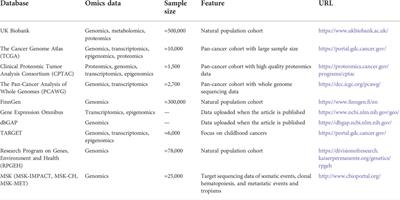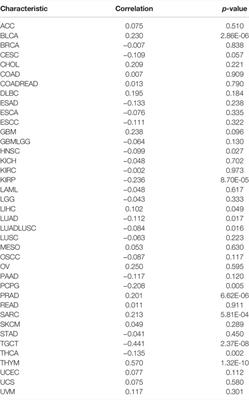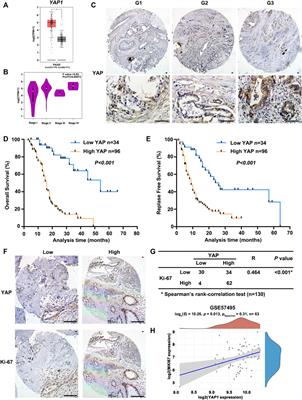EDITORIAL
Published on 17 Oct 2022
Editorial: Integrative Approaches to Analyze Cancer Based on Multi‐Omics

doi 10.3389/fgene.2022.1057408
- 660 views
13k
Total downloads
45k
Total views and downloads
You will be redirected to our submission process.
EDITORIAL
Published on 17 Oct 2022

ORIGINAL RESEARCH
Published on 22 Jul 2022

ORIGINAL RESEARCH
Published on 15 Jul 2022

ORIGINAL RESEARCH
Published on 24 May 2022

ORIGINAL RESEARCH
Published on 29 Apr 2022

ORIGINAL RESEARCH
Published on 10 Feb 2022

REVIEW
Published on 27 Jan 2022

ORIGINAL RESEARCH
Published on 01 Dec 2021

